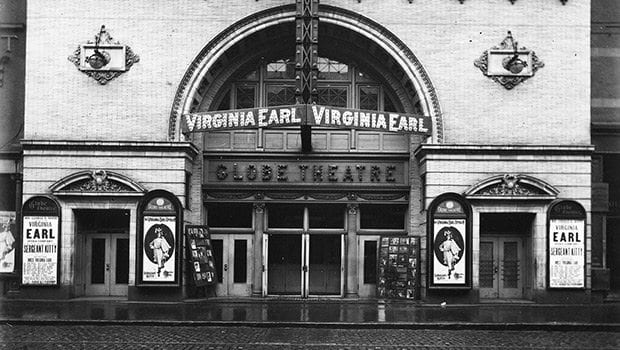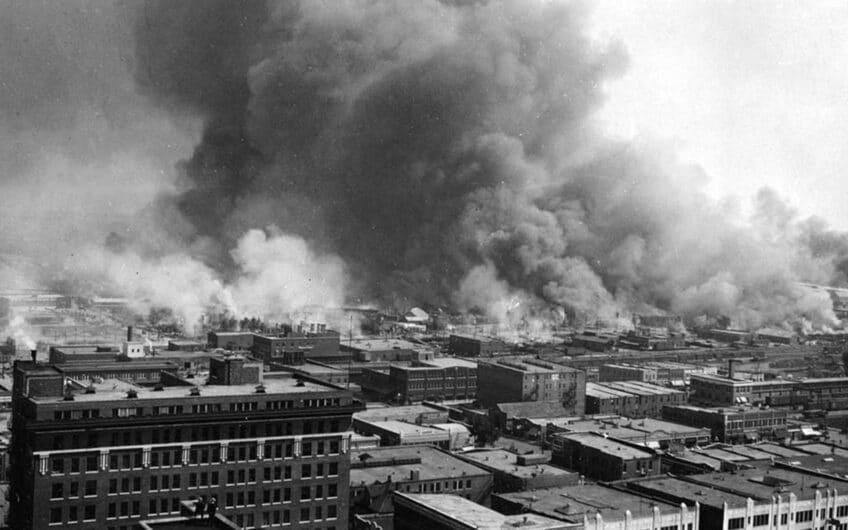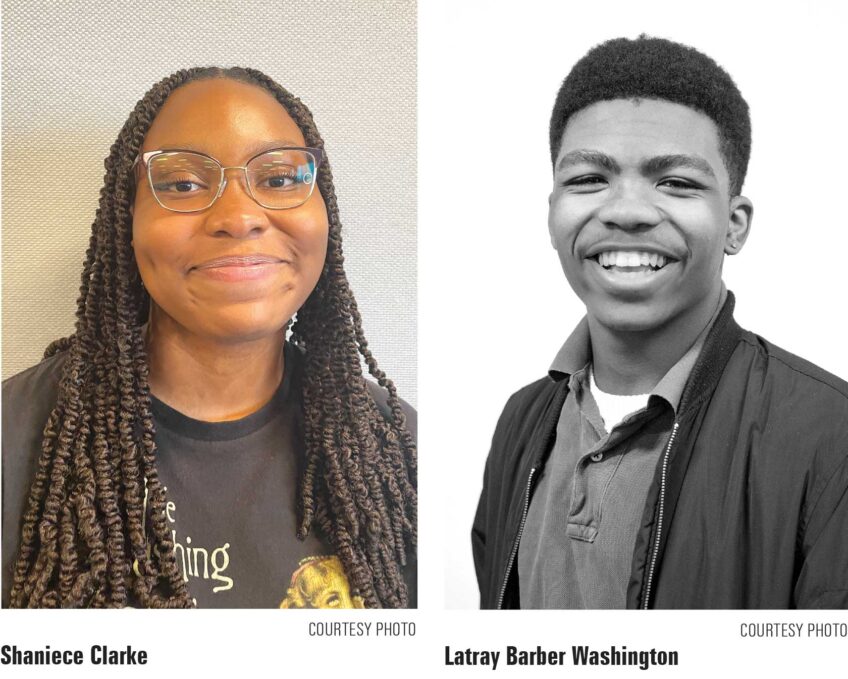
With unfailing courtesy and diplomatic tact, Sergeant Horatio Julius Homer, the first African American appointed to the Boston Police Department, served 40 faithful years as police commission guard. The son of Sarah Fields and Charles Homer, he was born May 24, 1848 in Farmington, Connecticut. There, he attended public schools until the age of 12.
At 14, Homer left for Waterbury, Connecticut, where he found work at a hotel as a bellhop. He soon became a waiter and trusted employee of that hotel. In his youthful days, he also worked as a steward on a steamboat, plying from Boston to Bangor, and as a porter on a Pullman parlor car, running from Philadelphia to Pittsburg. Pullman cars were very crude at that time, said Homer, and it was no easy job to spend most of your life on one of those jogging cars.
At the age of 17, he married Sophia A. Williams, a native of Haddam, Connecticut. Around 1873, they made their way to Boston and, before long, found a home at 271 Tremont Street. She kept house, and he started his life in the Hub as a waiter at the old Commonwealth Hotel on Washington Street. Homer later landed another job as a waiter at the Hotel Brunswick — a first-class establishment on the corner of Boylston and Clarendon streets. Amos Barnes and John W. Dunklee, owners of that hotel, touted it as “a pleasant permanent home and desirable stopping place for the business or pleasure seeker.” President Rutherford B. Hayes was among the hotel’s many distinguished guests.

Sargeant Horatio Homer
Promotions
In 1878, Homer was offered a job as janitor of the Globe Theatre, at 598 Washington Street, by its proprietor, John Stetson. While employed there, he met several influential men who suggested that he become a police officer, taking up a post at the front door of the Office of the Police Commission, at Pemberton Square. Since the thought of becoming a policeman had never crossed Homer’s mind, he hadn’t ever sought such a position. But when one was offered, he accepted it.
Appointed by Police Commissioner Henry Sturgis Russell, Homer left the Globe Theatre and joined the Boston Police Department as a patrolman on December 24, 1878, becoming the first black officer in the city. The police force then consisted of only 746 men. As a patrolman, Homer was connected to Station 4, but he reported there on Sundays and holidays only. Most of his time was spent in front of the commission’s office.
By the time he became an officer, Homer had moved with his wife, Sophia, to 46 Buckingham Street in the North End. Boston was a pretty rough city in those days, he said, particularly down around Fleet and Richmond streets, which were lined with sailors’ boarding houses. There were riots and trouble all the time.
Oddly enough, though, Homer told a reporter that his time as a policeman was a very peaceful experience. In all his 40 years of service he had to use violence just once, on an unwelcome caller who refused to leave the commission’s office. He took the man by the neck and threw him out on the street. A consummate diplomat, Homer avoided resorting to force if at all possible, preferring instead to use tact when dealing with people. He was a courteous man, noted one observer, “always extremely polite” and “exceedingly well versed in police duties.”
After passing his civil service exam, on September 23, 1895 Homer was promoted to the rank of sergeant by Police Commissioner Gen Martin. His home was then 35 Newton Street, Brighton. That promotion brought him an increase of $200 in his annual salary and made him the first African American in the Boston Police Department to wear the stripes of a sergeant. He retained his post at headquarters, however, and remained there until his retirement. No one could pass into the inner office of the board of police until undergoing his scrutiny. During Sergeant Homer’s many years of service, he saw the Hub’s police force grow to 1,700 men, met every president from Hayes to Wilson, and also served as an escort for noted foreign ambassadors.
He once made an insightful observation about an individual who has been placed under arrest. He remarked, “People should be more careful how they sympathize with a man or woman whom an officer has put under arrest. One word of sympathy expended upon the arrested party and it makes him rebellious. Of course, the public do not realize this, but I wish they would!”
Not only was the sergeant great at his job, but he was a gifted musician. He played as many as eleven different instruments proficiently, among them, the violin, viola, cello, double bass, flute, clarinet, trombone, guitar and mandolin. In fact, he gave guitar and mandolin lessons. In addition to musical ability, Sergeant Homer possessed artistic talent. He built marvelous creations in household furniture and ornaments out of pasteboard and cancelled postage stamps. He was a coin collector and a history buff as well, who had a remarkably sharp memory.
The sergeant was active in civic affairs as a member of the Fraternal Association, a local benevolent organization consisting of prominent black businessmen, politicians and community leaders. The association was formed in 1870 by George H. White and others to aid the poor and the needy.
Homer’s wife, Sophia, died childless on March 5, 1902 at the age of fifty-four. Highly esteemed, she served as the chaplain of Corps 79 — a women’s relief organization in Brighton.
On November 3, 1903, the sergeant wed 27-year-old Lydia Spriggs, a woman half his age from Deer Creek, Maryland. The couple moved into a second floor apartment at 686 Massachusetts Avenue in the South End. Their first child of the marriage, Horatio Julius Homer Jr., was born there in 1912. And at the age of sixty-seven, Homer became the proud father of a second son, David Lawrence Homer, born March 26, 1916.
“Sergeant Horatio J. Homer, hale and hearty, with gray waving locks and a strongly lined face, but with all the strength of young manhood with him in his [70th] year,” wrote a reporter in 1918, “still sits as he has for forty years, in front of the door of the commissioner of Boston’s police.”
Sergeant Homer petitioned Mayor Andrew Peters for voluntary retirement on January 27, 1919. Two days later, after dedicating four decades of his life in service to the city, he retired on half salary — $875 a year — at the age of 70. In the general order retiring the sergeant, Police Commissioner Edwin Curtis said of him, “During his long service, Sergeant Homer has performed his duties with uniform courtesy and strict attention to all the requirements of his exacting position. He will be missed by many citizens of Boston having business with the department and all connected with headquarters.”
After the sergeant retired from the force, he and his family moved to 82 Humboldt Ave., Roxbury, where he died on January 9, 1923. He is laid to rest at Evergreen Cemetery in Brighton.






